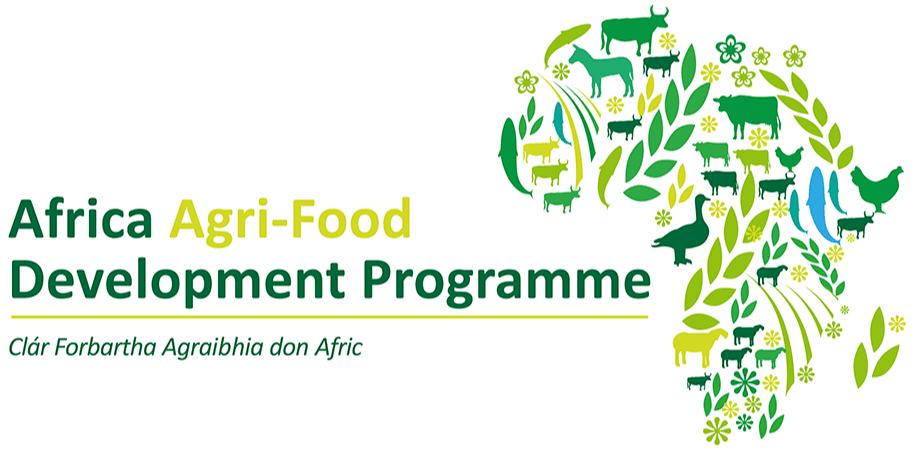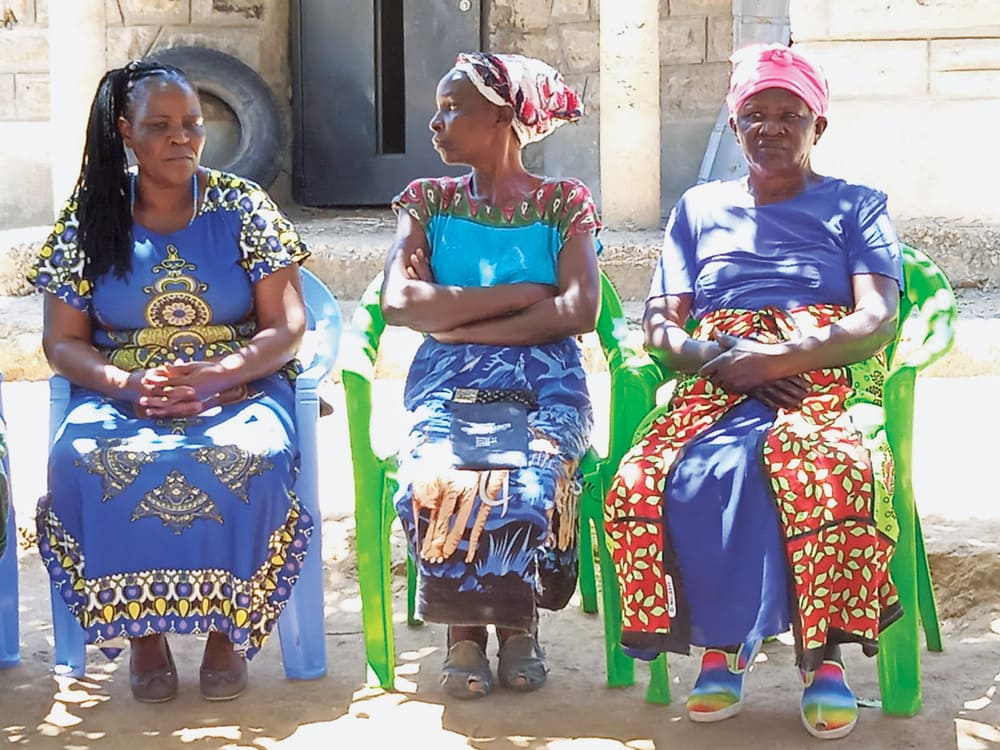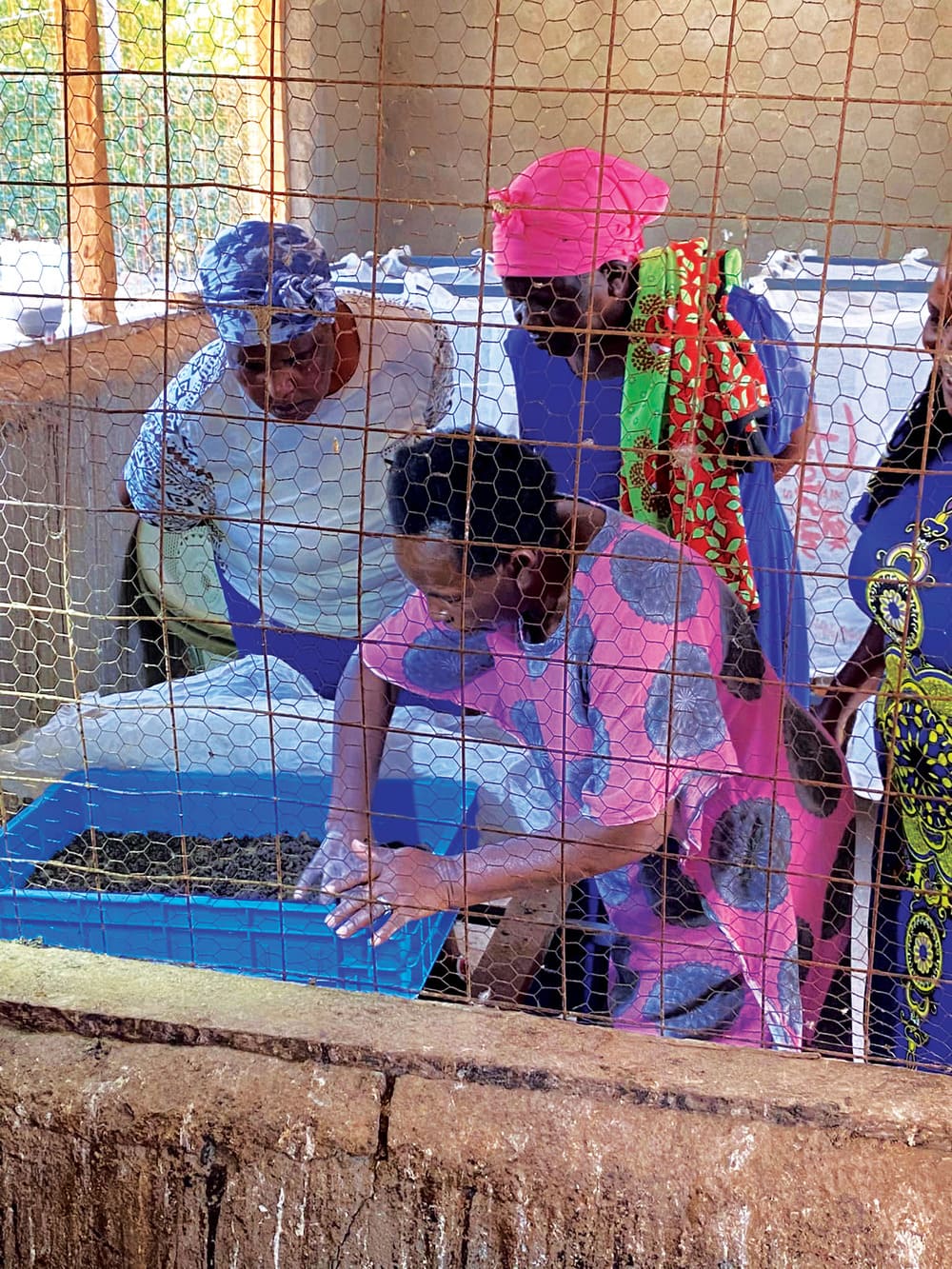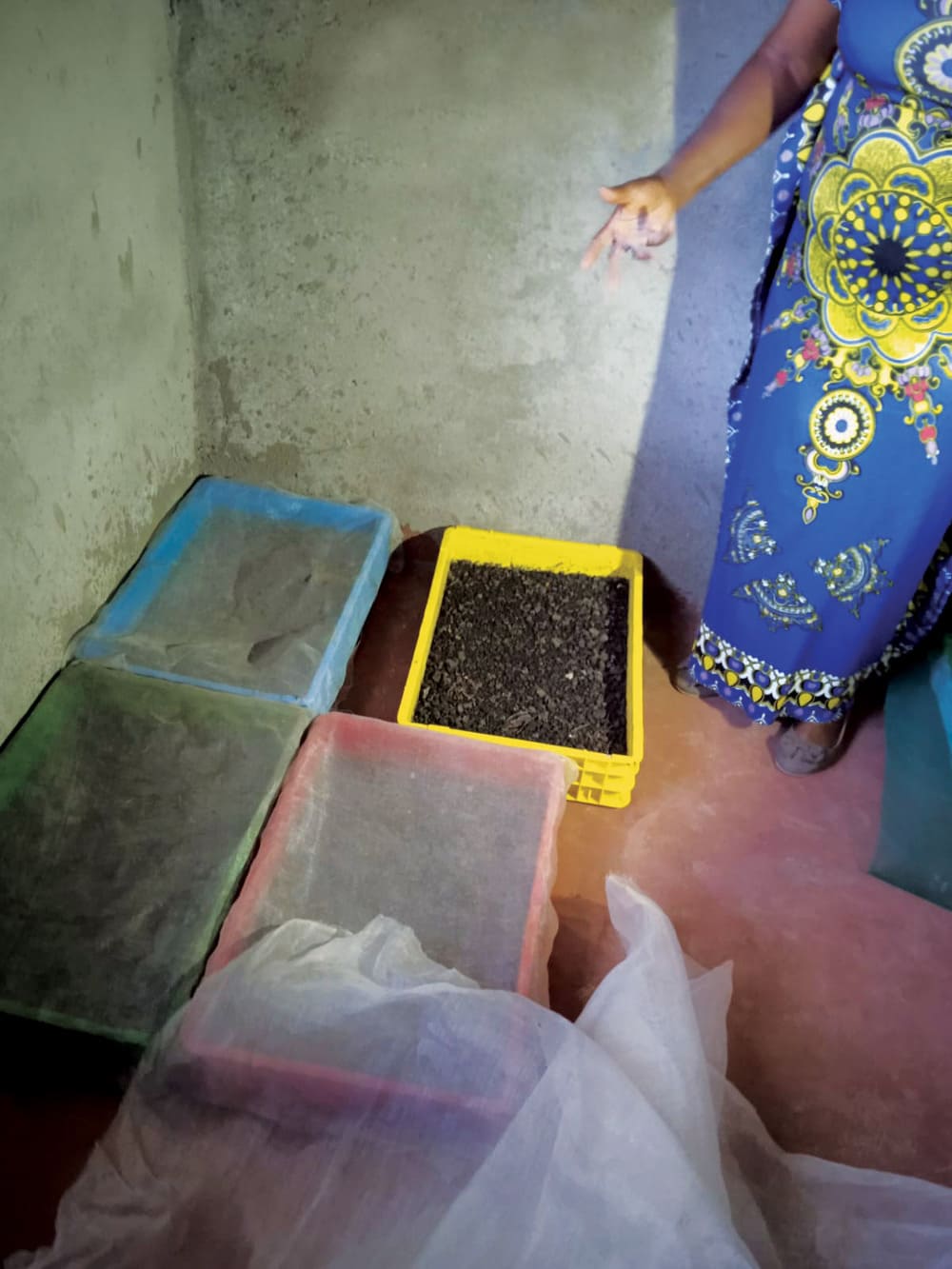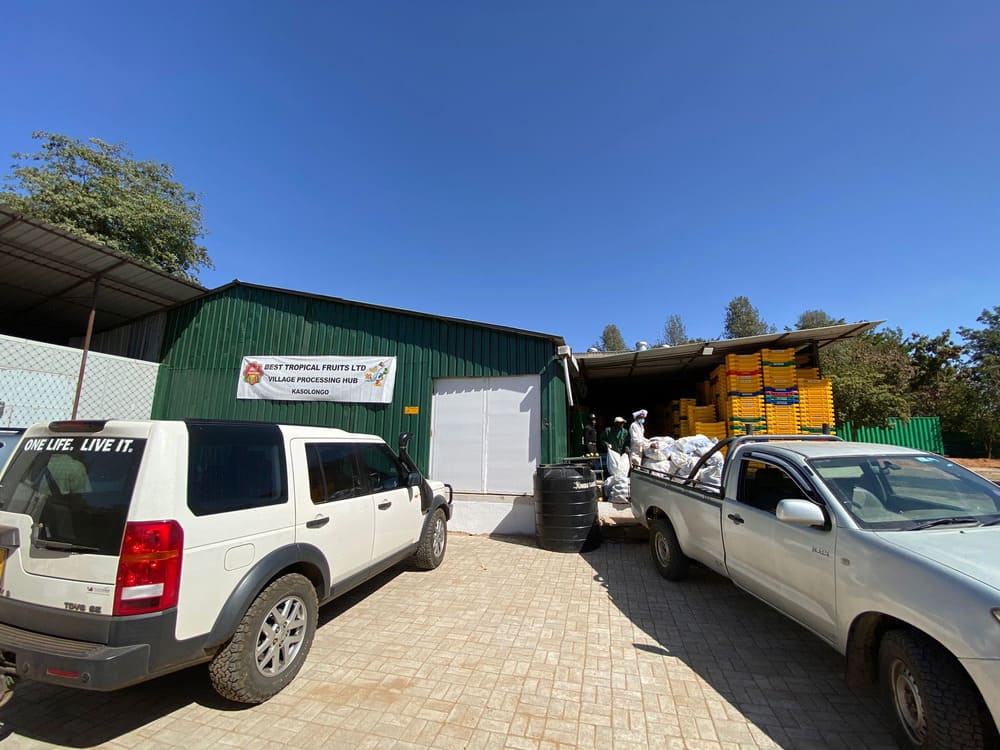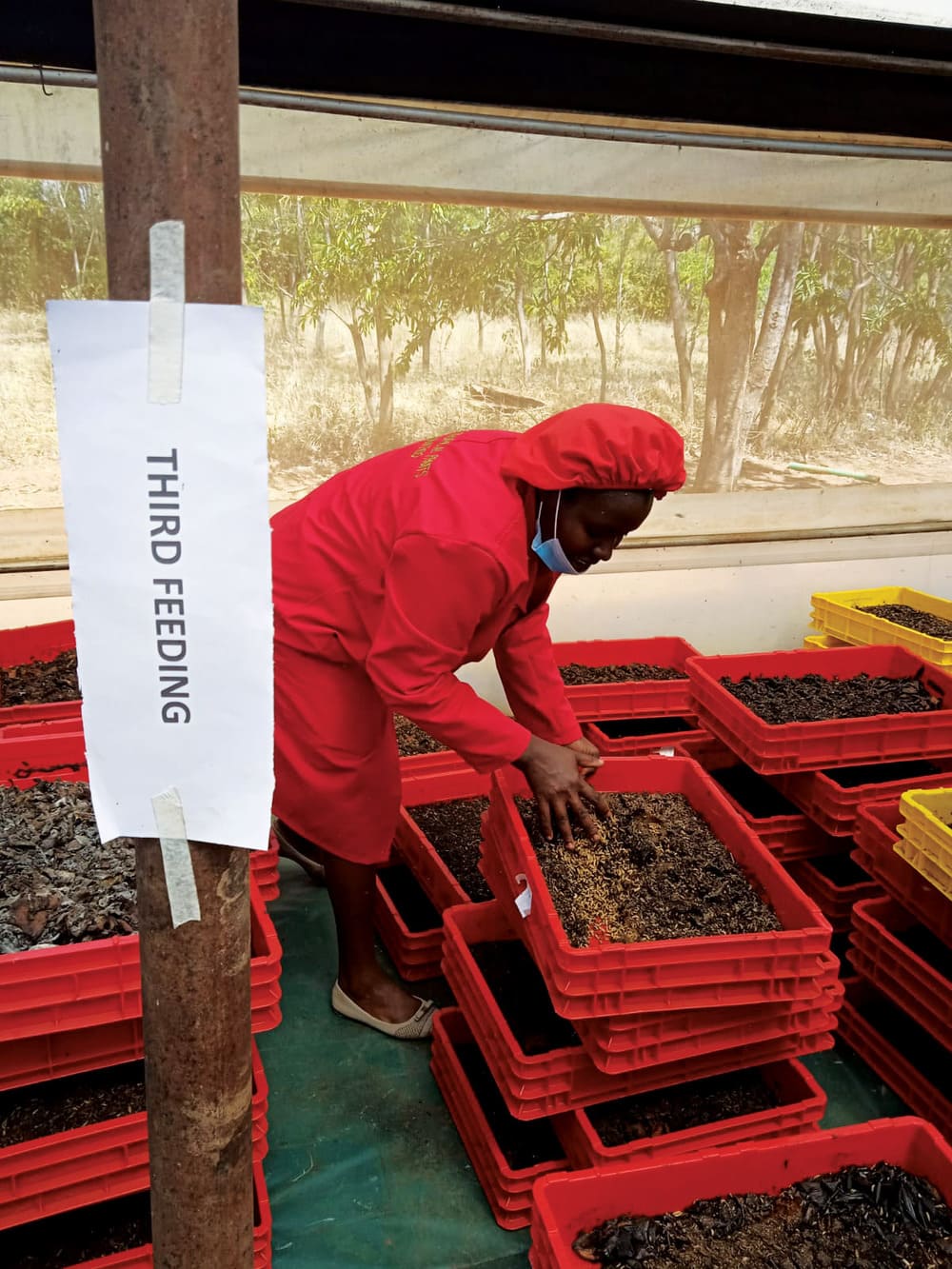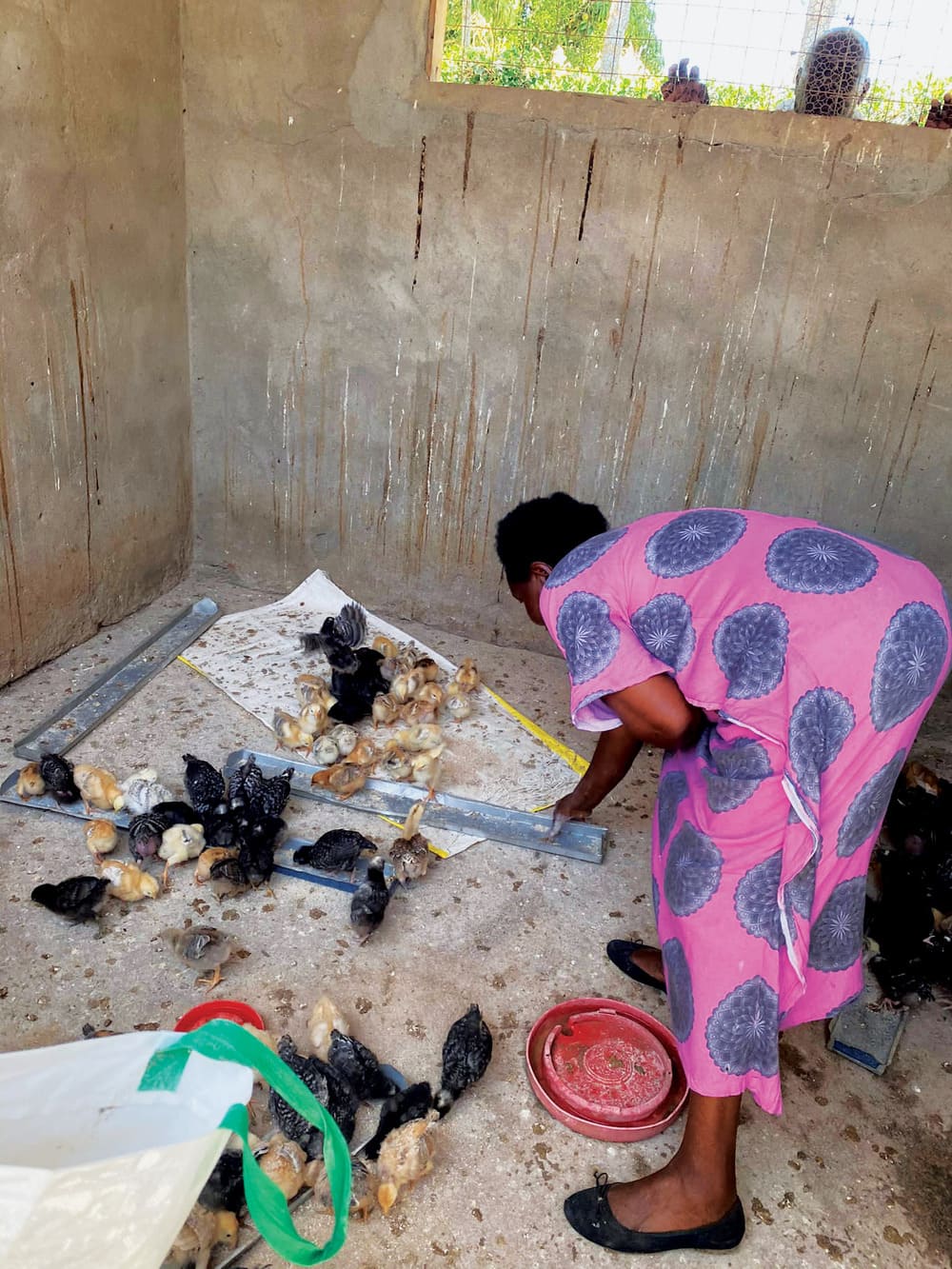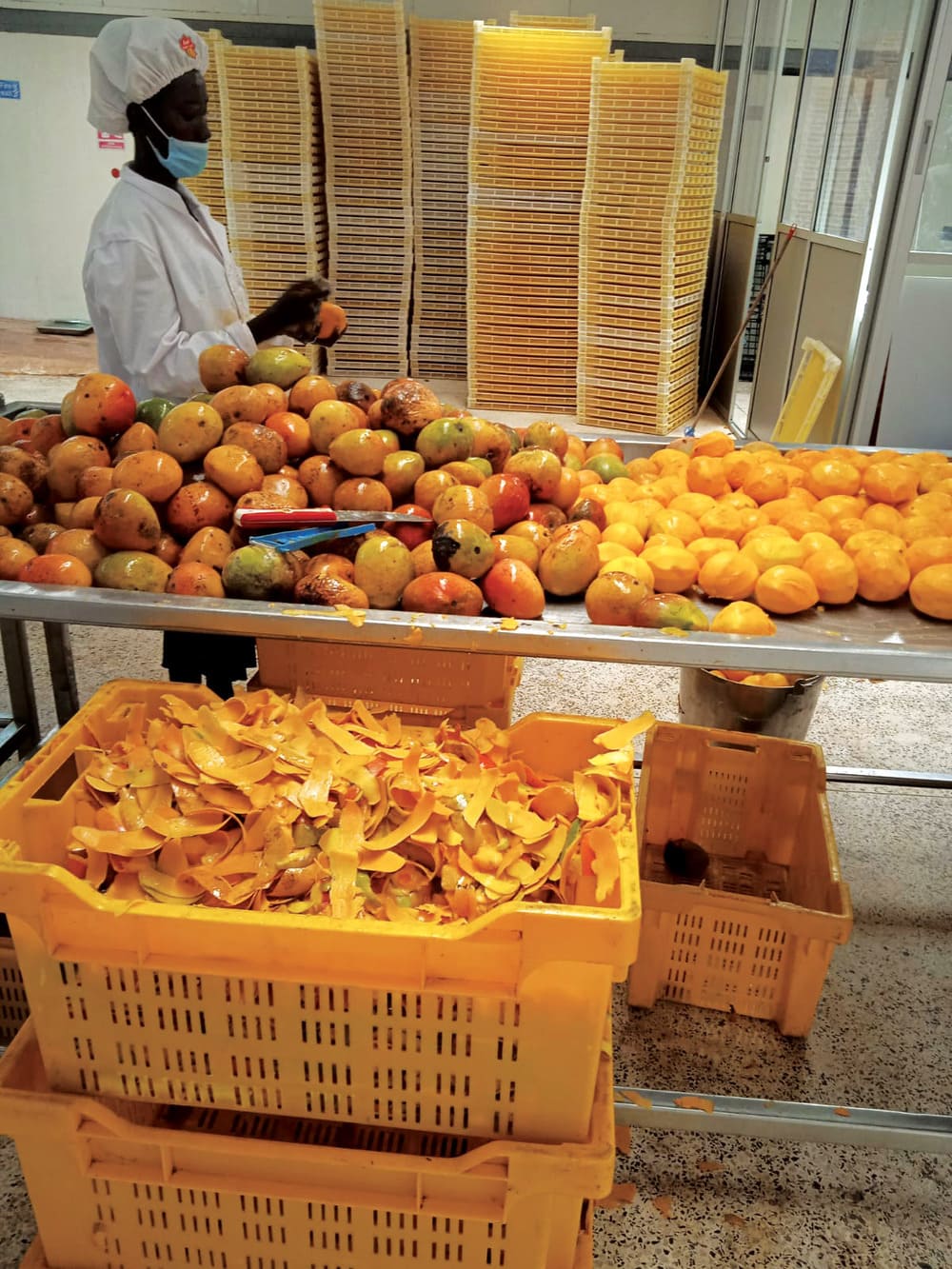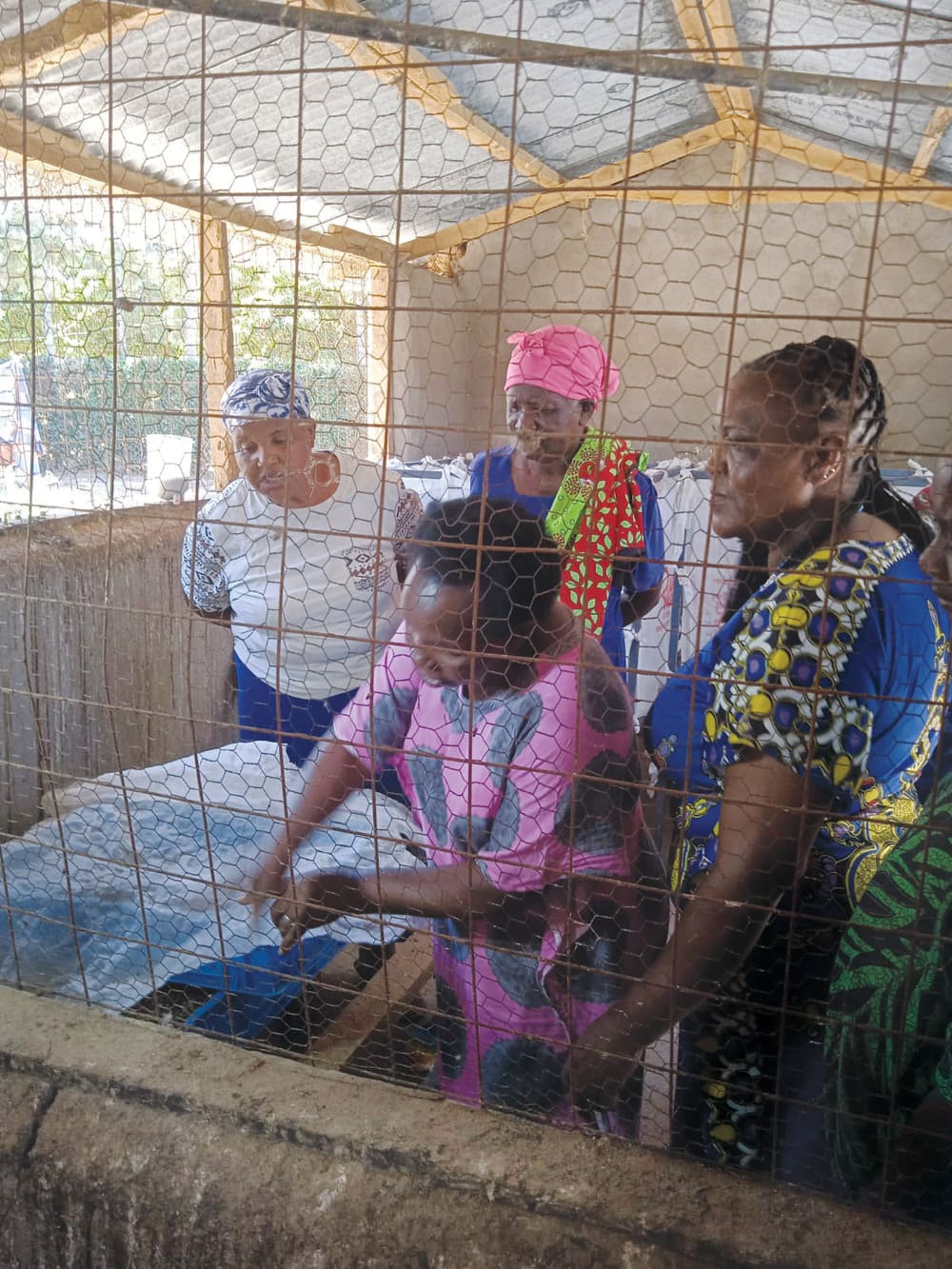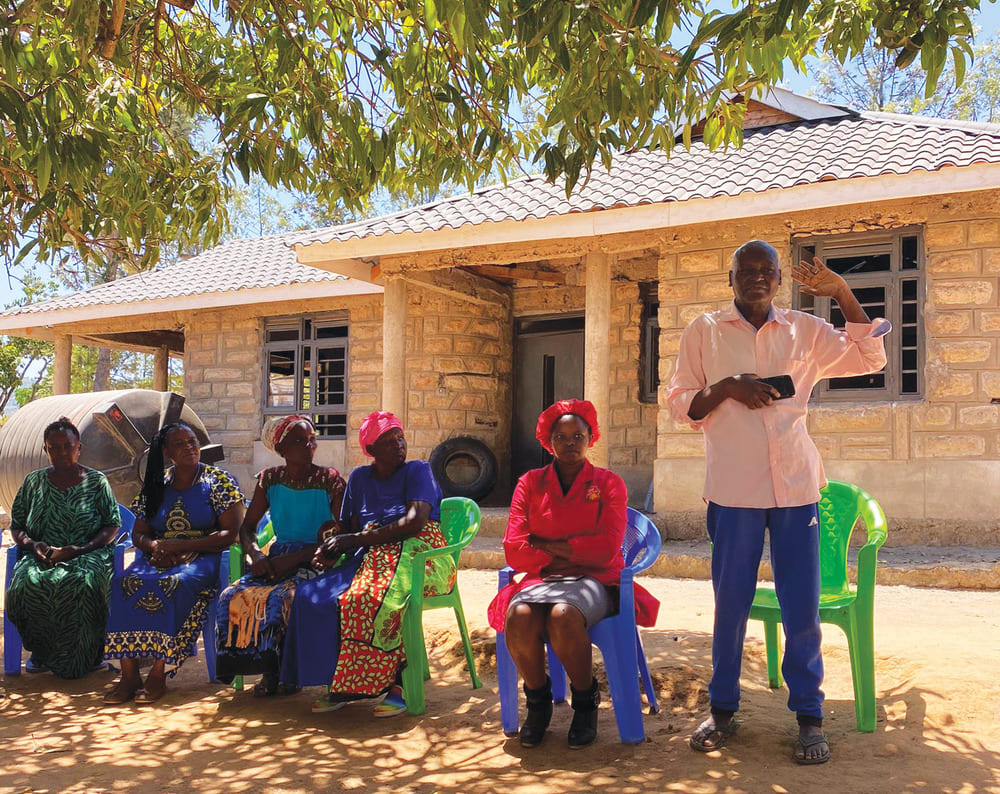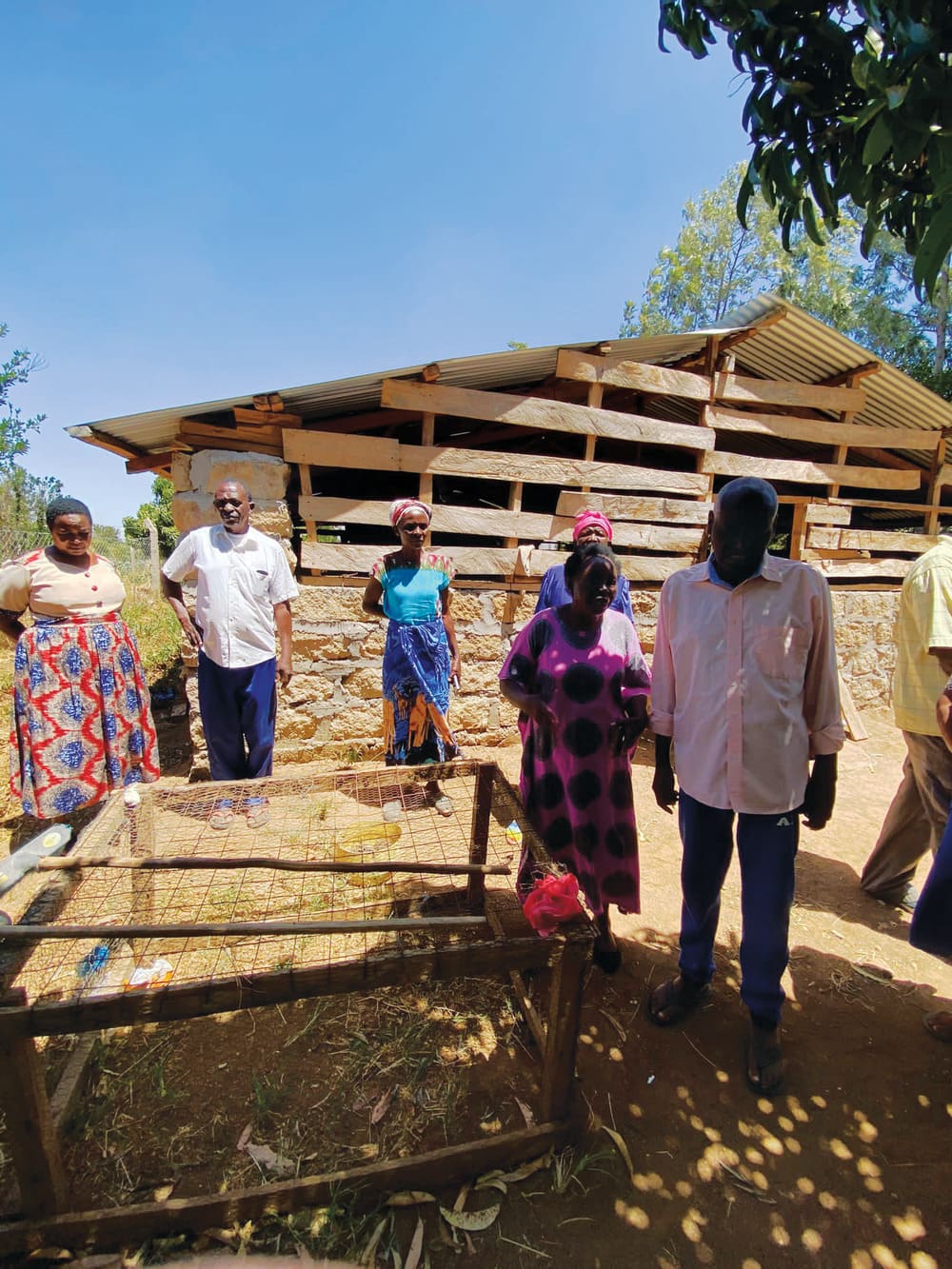With a rapidly-growing global population, a key challenge facing humanity is how to feed both the world’s people, and the animals that form a key part of their food chain. A particular challenge is how to ensure sufficient high-quality protein will be available, and how this can be provided in a sustainable way.
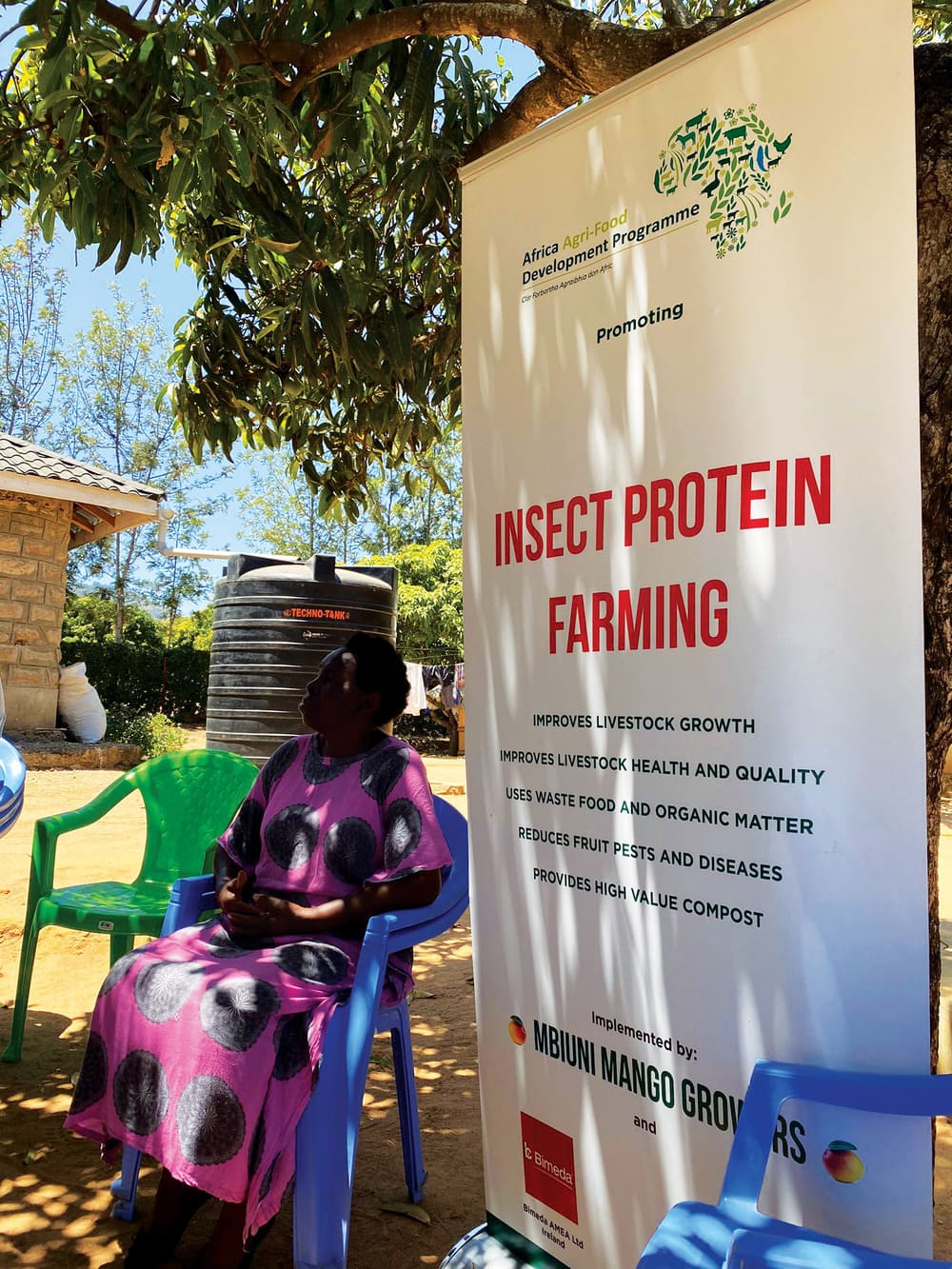
Developing a New Livestock Protein Source
Bimeda is currently involved in a project supported by the Irish government, which is not only exploring the sustainable creation of a new protein source for livestock, but which will also provide additional income streams and training opportunities for smallholder Kenyan fruit growers. The project will also have a positive environmental impact.
How Did Bimeda Come To Be involved With This Project?
The Irish government has an initiative called the Africa Agri-Food Development Programme (AADP). This initiative invites Irish organisations to propose innovative commercial agricultural projects in Africa, which are sustainable and support local communities. Successful proposals receive matched grant funding from the AADP budget.
The Department of Foreign Affairs, notes ‘The AADP… enables Ireland’s agri-food sector to contribute to the shared Sustainable Development Goals that aim to tackle poverty and hunger, fight inequality and make real and sustainable changes that better the lives of the world's most vulnerable communities.’
What initiative has Bimeda most recently worked on with the AADP?
Along with a local partner in Kenya, Bimeda identified that an insect called the Black Soldier Fly could be farmed to serve two very important needs:
- The Black Soldier Fly larvae will eat waste fruit which would otherwise rot on the ground or end up in landfill. Both of these outcomes can have serious environmental and health consequences. Rotting fruit can attract disease-carrying insects, and also produces methane, a ‘greenhouse gas’ over 20 times more potent than carbon.
- The black soldier fly larvae has also been identified as a protein-rich food source which could be used in livestock pre-mixes as an alternative to soybeans, which is a large contributor to greenhouse gases.
This project focuses on helping rural fruit growers, who are primarily female, to farm black soldier fly larvae for this purpose. The farmers’ excess fruit can be used as a food source for the flies, and the farmed larvae can in turn be sold on for use in the animal feed.
How does this initiative benefit local communities?
At the moment, over 40% of fruit produced by smallholders goes to waste, so the black soldier fly project offers a sustainable method of managing this waste product and can also serve as an additional source of income for farmers.
It is estimated that participating smallholders will see their income increase by 10% annually.
What are the next steps?
The initial exploratory phases of the project have had promising outcomes and wider commercialisation and upscaling is now being explored.







